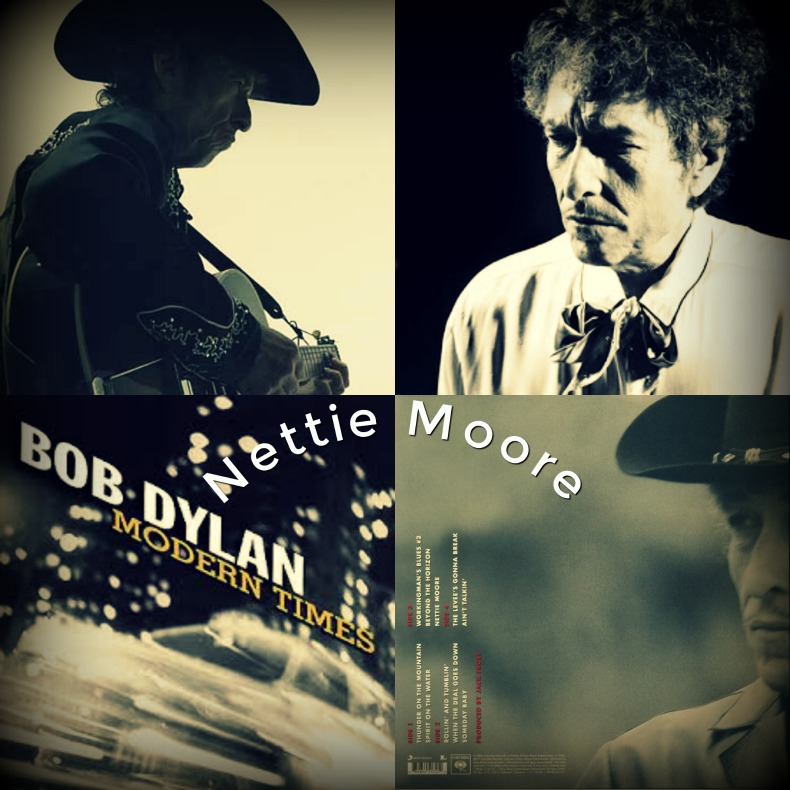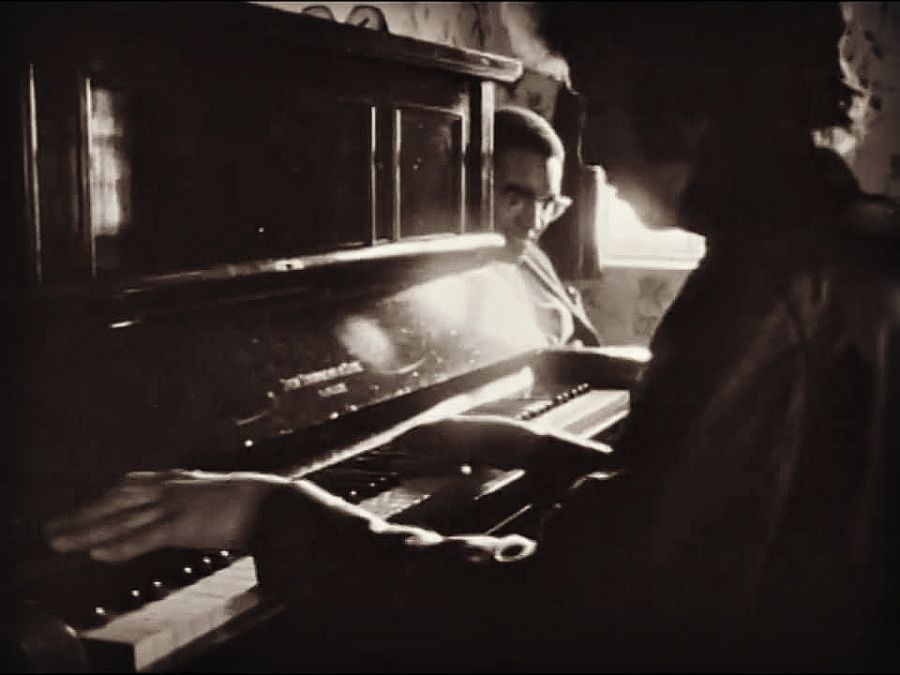
[vc_row][vc_column][vc_message message_box_color=”mulled_wine” icon_fontawesome=”fa fa-quote-left”]Lost John’s sittin’ on a railroad track
Something’s out of whack
Blues this mornin’ fallin’ down like hail
Gonna leave a greasy trail[/vc_message][/vc_column][/vc_row]
[vc_row][vc_column][vc_message message_box_color=”mulled_wine” icon_fontawesome=”fa fa-quote-left”]..the song is pure Dylan invention, on the face of it an absurdist assortment of images that take the listener in all sorts of directions, incorporating fragments of other songs and texts, for instance quoting from Delta bluesman Robert Johnson’s “Hellhound on My Trail”: “Blues this morning falling down like hail.” Dylan can juxtapose a reference to his own band (“I’m in a cowboy band”), to the excesses of Dylanology (“The world of research has gone berserk / Too much paperwork”)—and then throw in a reference to the traditional folk song “Frankie and Albert,” which he had covered on the 1992 anthology Good As I Been To You: “Albert’s in the graveyard, Frankie’s raising hell.” And yet it works as a song whose sorrow reflects that of the 1859 slave song whose title it takes, but is intensified by the melody, the images, and above all by Dylan’s voice in all its aged richness.
-Why Bob Dylan Matters, by Richard F. Thomas[/vc_message][/vc_column][/vc_row]
Vimeo:


